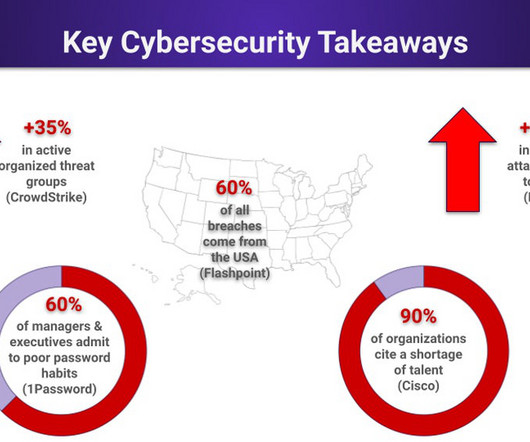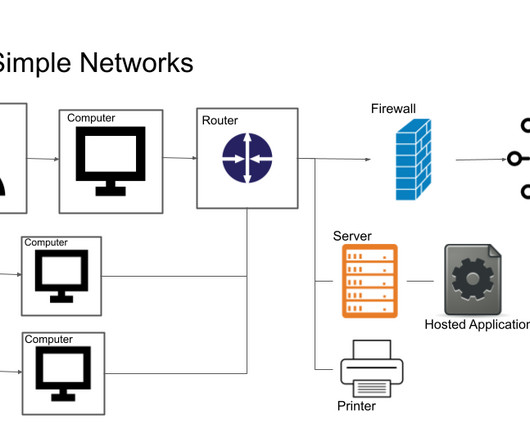2024 State of Cybersecurity: Reports of More Threats & Prioritization Issues
eSecurity Planet
MAY 2, 2024
Sophos: Noted that 43% of all 2023 malware signature updates are for stealers, spyware, and keyloggers often used to steal credentials from devices. NetScout: Observed 13,142,840 DDoS attacks, including: 104,216 video gaming enterprise attacks. 50,000 DDoS attacks on public domain name service (DNS) resolvers.











Let's personalize your content